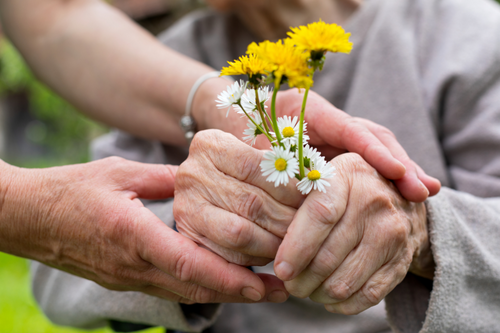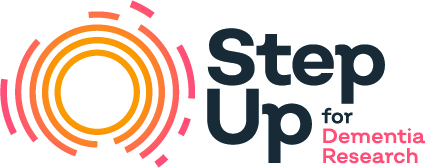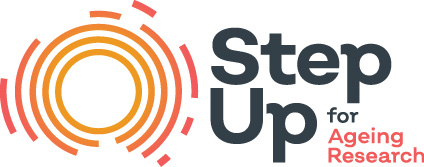This service was established by Professor Yun-Hee Jeon to address some of the challenges involved in research. While it’s clear that we need to know more about dementia and healthy ageing, researchers face obstacles such as:
- Finding the right people to participate
- Financial cost of recruiting participants
- Recruiting people is time-consuming, which means that studies might need funding extensions
- Studies with fewer participants limit the effectiveness of research
StepUp for Research also makes it easier for people to express their interest in being involved in research. Previously, there weren’t any centralised and inclusive pathways to join a research study. Most people were referred by their clinician or a recruitment agency. StepUp is free and simple to use, which makes research more accessible for all.
You can read the media release announcing the launch of StepUp for Research here >
What is dementia research?
When you think about research studies for dementia, you might be imagining clinical trials for new medications. This is one part of it, but it’s a very broad field – dementia research includes anything that helps us to better understand, manage, or treat dementia.
These studies help us test new medicines, understand better ways to care for people with dementia and support carers, identify risk factors & possible prevention strategies, and learn how to better diagnose and eventually cure this disease.
Some types of studies that you could be matched with via StepUp for Dementia Research include:











 The Brain Foundation is the largest, independent funder of brain and spinal injury research in Australia. We believe research is the pathway to recovery.
The Brain Foundation is the largest, independent funder of brain and spinal injury research in Australia. We believe research is the pathway to recovery.